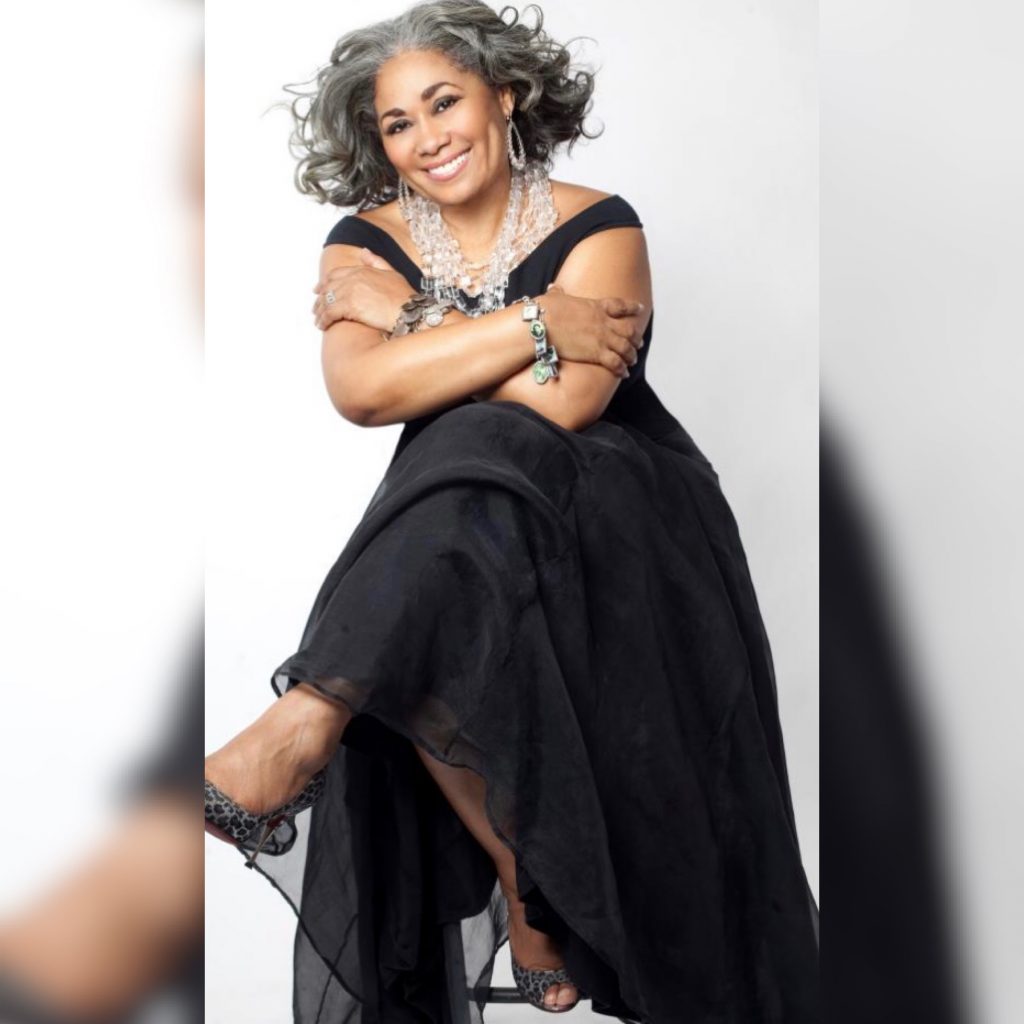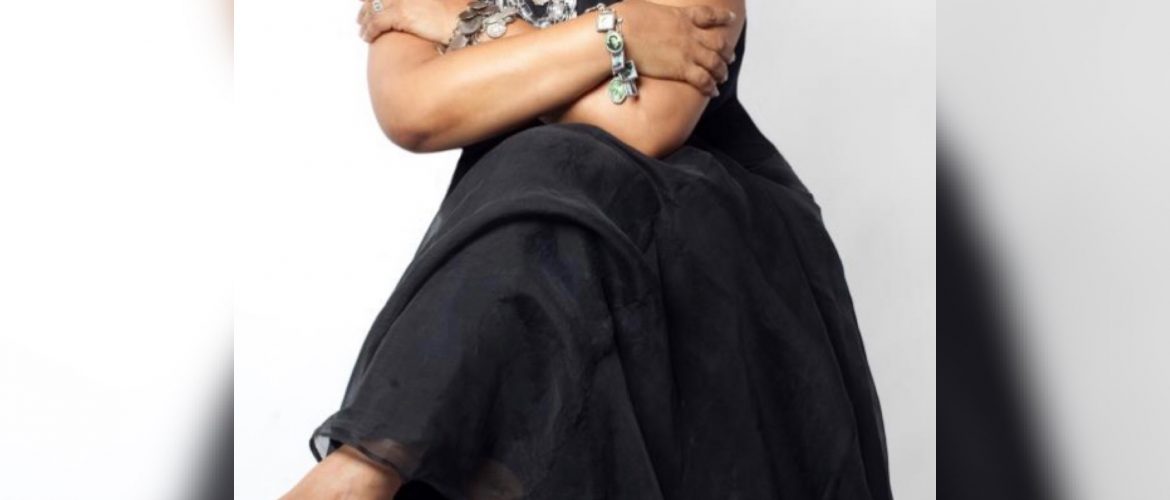Dyana Williams is one of the co-creators of Black Music Month, but her experience, career, and passion go beyond one month. You want to know how far back her love of music goes? Williams has a scar on her head from playing with a radio that fell at the age of four. A story she recalls with a smile. A part of her that traces the beginning stages of her career. From her scar, to being a part of radio as Ebony Moonbeams, to still helping and working with artists, Williams is a fighter. A fighter for us, the people, and the culture we authentically share.

“I am the inheritor, and I am merely a voice amongst many others that appreciates, and wishes to elevate and preserve our culture. I’m a daughter of our culture.”
Williams describes music like a tree trunk, and the branches as sub genres. An analogy that also represents her own career. From radio, to a journalism, creator, artist developer, mother, teacher, and a plethora of other titles, she has managed to pull through every situation gracefully. An aurora she presents, even through a candid conversation on Zoom. She takes pride in not only her work, but work of other Black people, and pride in the culture.
The way her face beams while talking about her relationship with TV One founder Cathy Hughes represents a real friendship, a sister hood. Williams is also a strong supporter of Black businesses. But as every Black person knows, even in entertainment and music, the message the world send you is still haunting.
Prior to our conversation, the protests for George Floyd began. Something that kept Williams up almost all night, and started our conversation. “My heart is heavy,” Williams stated. “But I’ve been here with this level of heaviness, many times throughout my life. I think it’s an important moment ‘cause I think that we’re turning the corner. And the rage, the profound pain that we feel as people, seeing ourselves murdered in daylight over, and over, and over again. America has not death with her racism…”
Williams, Kenny Gamble, broadcaster Ed Wright, and members of the Black Music Association set forth, and created Black Music Month. A moment for the culture 41 years ago under former President Jimmy Carter. The first celebration took place June 7, 1979, on the lawn of the White House.
There were over 300 people in attendance. Chuck Berry, Sarah Powell, Evelyn “Champagne” King, Dexter Wansel, and members of the Mother, Father, Sister, Brother (MFSB) all performed.
The purpose of Black Music Month was to “establish a concentrated period of time where we can celebrate the outstanding contributions of music creators of past, present, and the generations to come. The interest was in galvanizing members of the music industry community to strengthen our position, and help the world overstand that we’re an economic engine as well. We feel good, make you dance, party, get down, turn up, make you think. But at the end of the day, it’s a business. And we were not properly participating in compensation, the remuneration, financially of this business that we helped to create.”
That’s a fact that we keep seeing time and time again. That’s why it’s important for artists that have a platform to use it for the betterment of the people, for the culture. One artist that consistently does that is Wale, one of Williams’ clients. Wale’s latest single, “Sue Me,” is a modern day pro-Black movement song. The short film as the video switched the roles of Black and white people.
“I thought it was a brilliant video,” Williams stated. “He was flipping racism, and the stereotypes that Black people experience…all these references in the video the shows us how racism is playing out just this second, as we speak.”
Williams also shared quite a few gems. She is on the board for the National Museum of African-American Music, which is set to open in Nashville, Tennessee, Labor Day weekend of 2020. The official statement from their website reads at the following: “NMAAM will be the only museum dedicated to preserving and celebrating the many music genres created, influenced, and inspired by African Americans. The museum’s expertly-curated collections will share the story of the American soundtrack by integrating history and interactive technology to bring the musical heroes of the past into the present.”
While we had a pleasant conversation, all things could be traced back to racism. A constant theme when it comes to Black media and music consumption. The erasure of our culture, and why we fight so hard. Black music isn’t just one or two specific genres. It’s everything that’s been created.
From what we hear on the radio (a lot of pop stars work with Black songwriters), to instruments that can be traced back to Africa in their original form. Black music, Black culture is ours, and we will celebrate! We will hold the standard! And we will fight for the injustices, and preserve our culture. Not only for us living now, but for the ancestors of decades past, and for the future generation.

It was an honor to be interviewed by you William. You are a champion of our majestic culture! #Blackmusicmonth Peace, Dyana